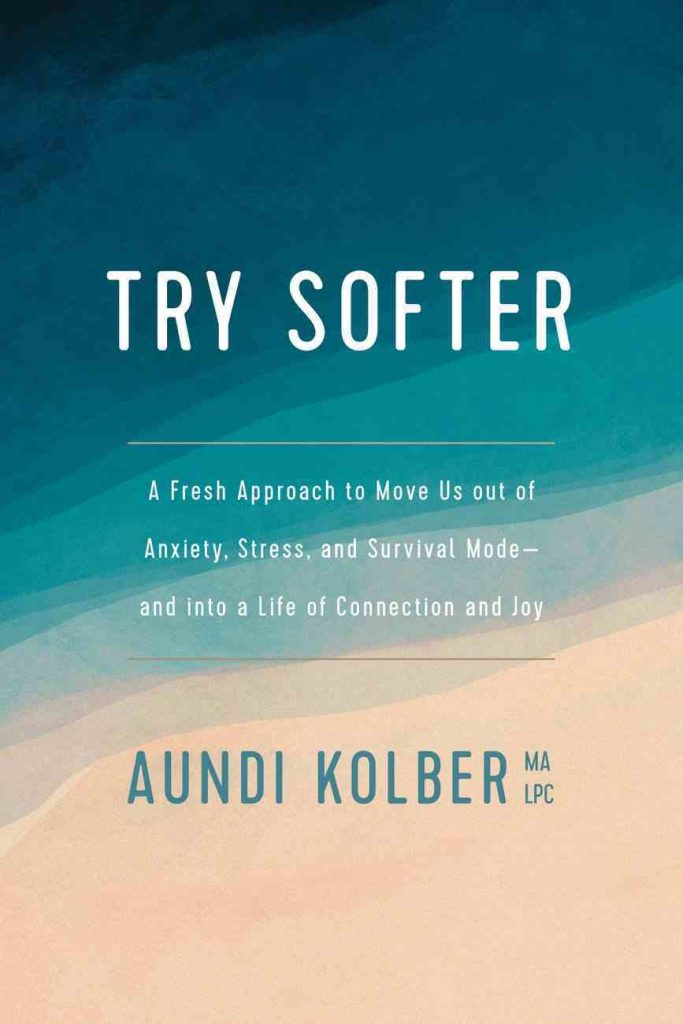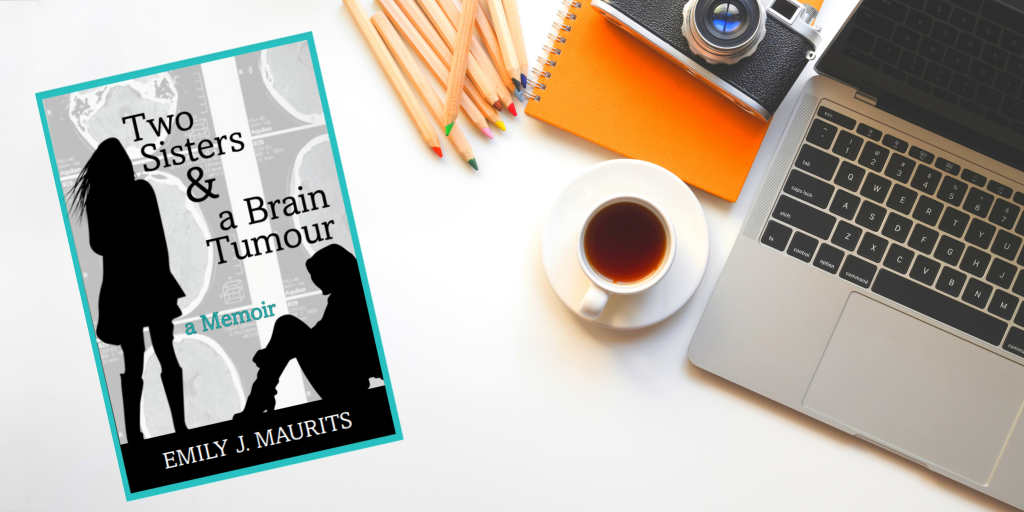How many times have you thought, ‘I just need to get through this, and then I can stop and pick up the pieces’? Or, ‘the only way on is through, so I need to get this over and done with as quickly as possible’?
While these attitudes might work for certain things, like getting through an essential task after receiving bad news, or even doing an unpleasant job like putting out the rubbish, they’re not great attitudes for the long haul.
This is the second part in my 2022 series: Watching for the long haul
The thing with Watching someone with a chronic illness is that sometimes there are no convenient ‘rest points’. There’s no clearly marked bench which says, ‘stop and take a breather’.
It can be easy to go on and on and on. To push down unpleasant emotions or reactions, to bury hurts and pains, to ‘forget’ betrayals and injustices, because we’ve taught ourselves that the only correct response to pain is to clench our fists and power through.
The problem with this ‘white-knuckled’ approach is that it is not a long term solution. In fact, when we push down our hurts or try and barge our way through them, we can often turn them into trauma if they weren’t traumatic already. Sooner or later, these undealt with emotions will explode in anger or anxiety or depression or physical symptoms. Basically, our body and mind are telling us, ‘enough!’
Stopping to heal: trauma
Trauma is a word which a lot of baggage. Essentially, trauma is any situation where our normal methods for coping aren’t enough. Big ‘T’ trauma might be anything from abuse to witnessing a crime – situations where you fear for your life. Small ‘t’ trauma is anything where we have felt unable to cope, even if that was only for a few minutes before we ‘pushed down’ that feelings and ‘soldiered on’.
Most of us have experienced trauma of some kind. It’s part of living in a broken world. It could be situations as a Watcher where you’ve felt helpless, or times where you’ve tried to be enough and ‘failed’ or times other people failed you. Trauma and chronic illness often go together.

Stopping to heal: It’s not all negative
The good thing about trauma is that it can be worked through and talked about, felt and soothed, comforted and consoled. It can become something which is part of our journey, rather than something which is taking over our journey.
It can be easy to be ashamed of trauma, or its effects on our capabilities or responses. Easy to think that is makes us weak or to compare ourselves to others (‘they’re not struggling with this and our situations are practically the same!’). The reality is, we are each created uniquely – with different values, backgrounds, genetics, experiences and also different futures. God has a plan for each of us to bless the world and none of our pathways are the same. In our weaknesses he is forming us into the best version of ourselves, into the likeness of his Son, and placing us in a place where we can see him more clearly.
Trauma can become something which is part of our journey, rather than something which takes over our journey.
Called to Watch
Stopping to heal: a book I’d recommend

In Try Softer, Aundi Kolber walks us through what it means to be kind and gentle to ourselves, and why Jesus wants us to do so. She combines science and biblical hope, as she looks at what it means to be humans with a soul and a body, and why the only way forward is to stop trying harder and start trying softer. This is a book for all who have ever found parts of life difficult or hard (hint: that’s all of us!) and are seeking to be reconciled with the past and hopeful for the future. I found it a refreshing and compelling read, with practical tips, Aundi’s own story, and Jesus ever-present.
My friends, if we are going to survive and thrive in Watching for the long haul, we need to lay down our fear, our pride and our preconceptions, and seek rest in the presence of Jesus. Let us stop and heal so we can live and love.
// Are you good at stopping to heal? What’s the first step you can take to do so today?
PS: Enjoyed the post above? Get the next one delivered straight to you! Sign up for email notifications
I’m also on Facebook, Pinterest, Instagram & Twitter! Meet me there for more interesting reads, resources and community.


Hi Emily,
Great post and one I can relate to. I relate to just about all your posts, but this one called to me. Both my husband and I suffer chronic illnesses, however I am my husband’s full-time carer. It is hard and it just doesn’t occur to me to stop and heal myself … I don’t seem to have time or know how to do that. I have quiet time with Jesus every morning around 6am as hubby is still asleep at that time, but I think I am going to buy that book. It sounds like it could be helpful.
Hi Josephine! Lovely to hear from you. Thank you so much for your encouragement. Time with Jesus is so precious, particularly when everything is so crazy, as I know it is for you at the moment. Know that I’m praying for you and your husband, and that you are able to find some time just to sit and be even during all of this. Blessings, Emily